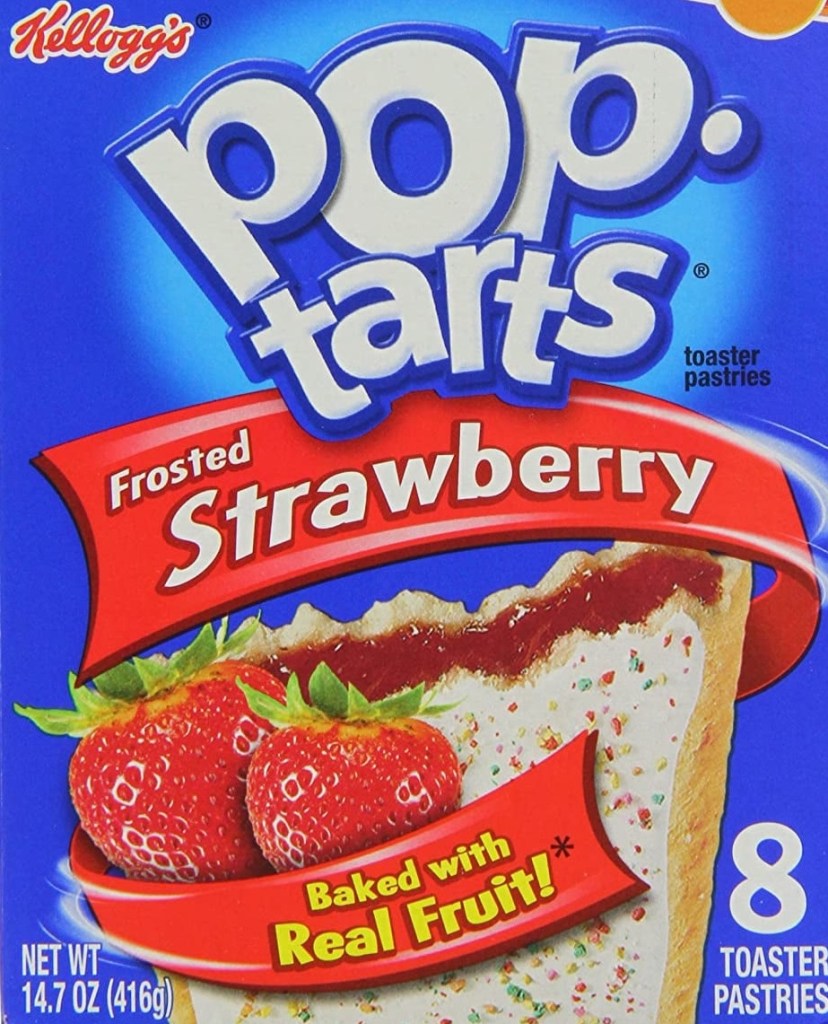The world recently lost two pioneers who made important contributions to civilization’s eating habits: Bob Moore, founder of Bob’s Red Mill whole grain products and William Post, co-inventor of Pop-Tarts breakfast pastry. Both were in their mid-nineties, proof that proper diet leads to longevity.
Bob Moore and his wife, Charlee, started their business in 1978. Their innovation was a back-to-the-future story. They purchased stone grinding wheels and moved them into an old flour mill that they painted red. The business now makes more than two-hundred products and has international distribution. Bob’s trademarked visage, with his white beard and cap, looks out from every package. The company’s retail store in Milwaukie Oregon also sells baked goods and offers informal dining.
The Moores had many offers to buy the business. Instead, to celebrate Bob’s 81st birthday, in 2010, they converted the company’s shares into an employee stock ownership program, benefiting its 700 employees.
William Post managed a Kellogg’s plant where in 1964 he helped develop Pop-Tarts. The trend-setting breakfast snack consists of a sweet filling layered between two rectangles of dry pastry — presumably not whole-grain — to be heated in a toaster. Mr. Post’s three children tested the product and its original four flavors. Several years after Kelloggs introduced Pop-Tarts, Post developed a new innovation, frosting, adding icing to the pastry’s outside.
Billions of Pop-Tarts are sold every year in more than thirty flavors.
The frosting, however, made a warning necessary, cautioning people to use the lowest toaster setting, to avoid burning the house down. Dave Barry researched the likelihood of strawberry Pop-Tarts being set aflame in the toaster. Read his report from 1993 here.
“The thing I like best about being a journalist, aside from being able to clip my toenails while working, is that sometimes, through hard work and perseverance and opening my mail, I come across a story that can really help you, the consumer, gain a better understanding of how you can be killed by breakfast snack food.”
(Dave Barry is also known for his annual month-by-month “Year in Review.” Here is his 2023 report.)











